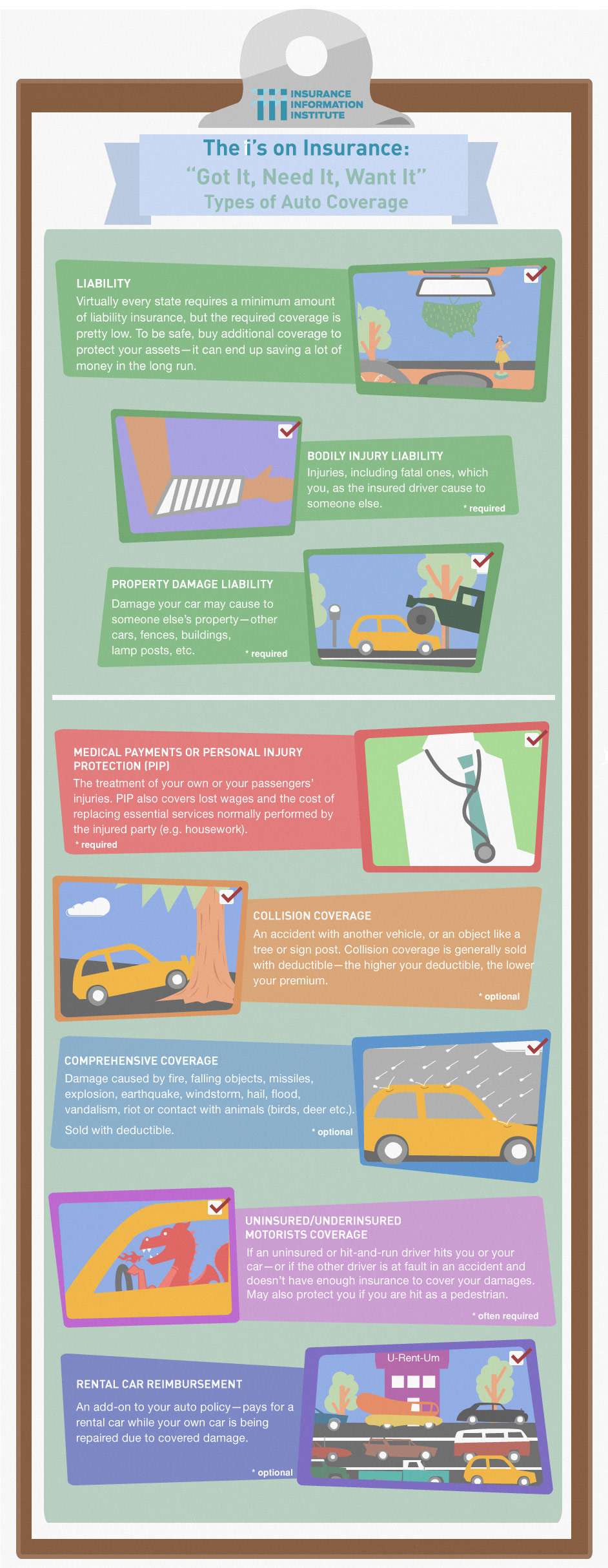
We know that homeowners insurance is designed to cover your home and it contents. Additionally, it provides liability protection for bodily injury and property damage for claims against you or members of your family. It may also provide coverage for the loss of use of your home in the event of a claim.
However, there are some unusual items that you may not realize might also be covered by your homeowners policy. The following seven claims are the most interesting claims we have seen successfully reimbursed by insurance companies.
It’s important to note, though, that every policy is different in coverage and the claims below may or may not be covered by your specific policy. If you have a question or concern in regards to your coverages, limits, etc., please feel free to give our office a call.
1. Eaten Jewelry
Although animals are typically excluded from coverage, there was a case where a dog allegedly ate a piece of jewelry and the insurance company offered to buy the dog at an unbelievably high price in an effort to salvage the jewelry.
After the owner refused, the insurance company finally relented and paid for the lost jewelry, which may or may not have been sitting in the dog’s stomach.
2. Bug-Repellent Basement
A homeowner had pesticide stored in the basement of his home. After a fire at the home, the homeowner noticed that swarms of flies would come in to the basement die almost immediately. After experts from Cornell University were brought in to assess the damage, it was determined that the chemical, when heated by fire, actually dissolved into the concrete and became even more potent. As the pesticide was also toxic to humans, the house had to be demolished and rebuilt from the basement up.
3. A Dump Truck
A homeowner owned a full-size dump truck that he used for nothing else but to move firewood to and from his wood-burning stove. As the vehicle was not registered for the road and used for property maintenance, the vehicle was covered by the homeowners policy as personal property after it was destroyed.
4. A Wedding Relocation
A homeowner was supposed to have a wedding in his backyard for his daughter. However, a fire forced them to relocate the wedding to a hotel. The homeowner was able to claim the increased cost of the wedding under the ‘loss of use’ coverage on his policy.
5. Bad Wine
After a backup of a sewage pipe caused flooding to home, the repair crew used heat to speed up the drying process. The homeowners’ wine cellar was heated to approximately 85 degrees for almost 10 days while the repairs were done.
The effect of the heat destroyed all of the wine and the insurance company reimbursed the homeowner.
6. Expensive Ingredients
Expensive cooking ingredients such as imported olive oil are covered at full value, as long as the homeowner is not running a business out of the home.
So if you’re doing a lot of shopping at Whole Foods, we recommend you keep your receipts.
7. Animal Stampede
A homeowner lived next door to an individual that owned cows, horses, and goats. One day something spooked the animals so bad that they ran through the neighbors fence and actually destroyed part of the insured’s home.
As the animals were not the homeowners, his insurance policy paid for the damage caused by the animals.



